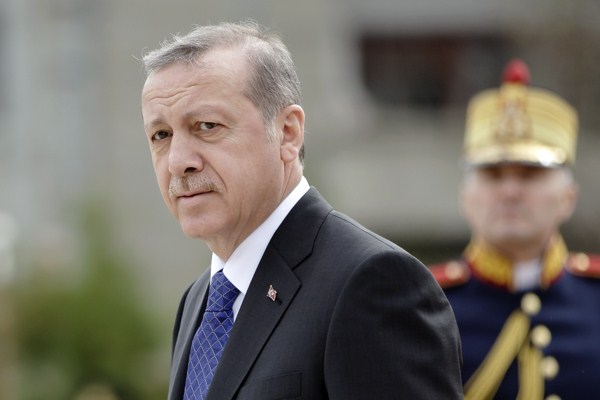It wasn’t very long ago that Turkey was held up as an example of a country in the midst of a great democratic transformation—a nation steadily enhancing democratic norms, finding easy coexistence between Islam and democracy and moving optimistically in the direction of membership in the European Union.
Today, it’s difficult to find many people expressing hope for Turkey’s prospect of joining the EU. Even more troubling, there is a growing consensus that Turkey is visibly and rapidly drifting away from democracy.
The driving force behind the country’s dramatic change of direction is President Recep Tayyip Erdogan, leader of the Justice and Development Party (AKP), who served more than a decade as prime minister and, when constitutionally barred from remaining in power, sought a new path, becoming Turkey’s first directly elected president last year. It may seem counterintuitive, but Erdogan’s hollowing of democratic practices has been made possible by the support of a large segment of Turkish society, which has handed him victory at the polls. However, his electoral legitimacy is not proof that he plans to preserve a real democracy.

